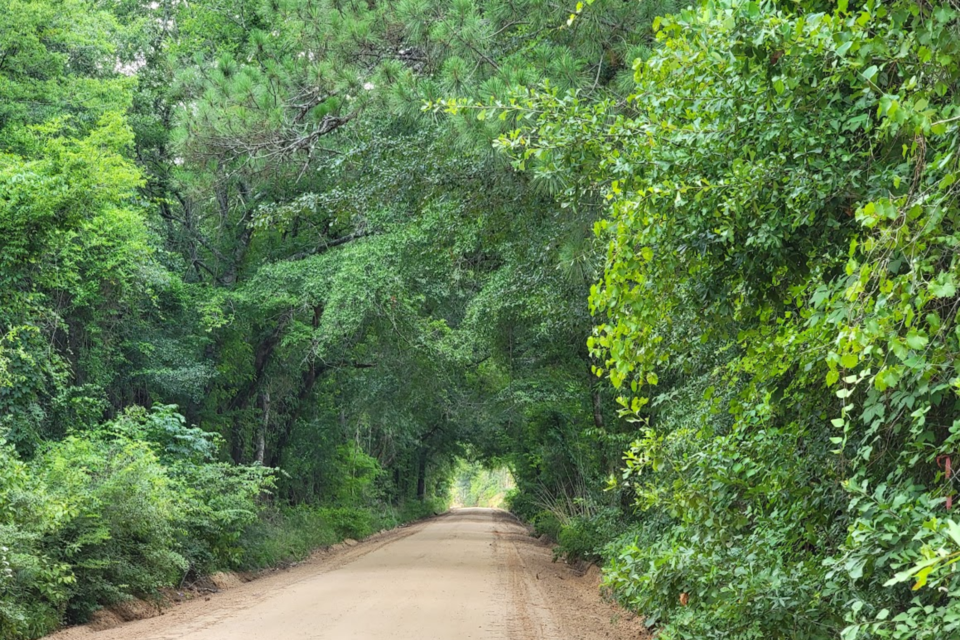A legislative study committee that has been examining how to guarantee Georgians access to the state’s navigable rivers and streams without violating private property rights is siding with the status quo.
The House Study Committee on Navigable Streams' final report released this week recommended no changes to the current definition of "navigability" in state law.
The panel also suggested the General Assembly refrain from setting forth which rivers and streams in Georgia are considered navigable and which are not. Legislation introduced into the state House of Representatives during this year's session that failed to make any headway listed 64 rivers and creeks “presumed to be navigable.”
A debate over a long-assumed right of passage along Georgia waterways - including the right to fish and hunt - began early last year when a property owner on the Yellow Jacket Shoals portion of the Flint River banned fishing there and sued the state to enforce it.
State lawmakers responded with legislation codifying public fishing rights into state law. But that didn’t clear up confusion over which rivers and streams across the state are navigable and, thus, open to fishing and paddling, and which are off limits.
Boating enthusiasts and representatives of the recreational boating industry complained that some property owners along Georgia rivers and streams were preventing them from exercising their right to fish, while property owners told the study committee some boaters were trespassing on their land and leaving trash in their wake.
"The prevailing view is that most landowners and outdoor enthusiasts have no problem with one another, but seek respect from one another," the committee's report concluded. "Respect cannot be legislated, but trespass can be legislated, confrontations can be mitigated, and the details of Georgia law can be better communicated."
Members of the Freedom to Float Coalition, an alliance of outdoor recreation enthusiasts and environmental groups, criticized the committee for not recommending any changes in the laws governing boating rights.
"Maintaining the status quo may lead to the public being excluded from more streams across the state and will have a chilling effect on the state's robust outdoor recreation economy," said Rena Peck, executive director of Georgia Rivers.
"The legislature needs to protect boating on the state's small streams in order to level the playing field with neighboring states where recreational boating in canoes and kayaks is protected on all streams capable of floating recreational watercraft."
The study committee held several meetings across Georgia between August and November leading to its 11-page report. While the panel made six recommendations, it is unclear whether any will lead to legislation during the 2025 session starting next month.




